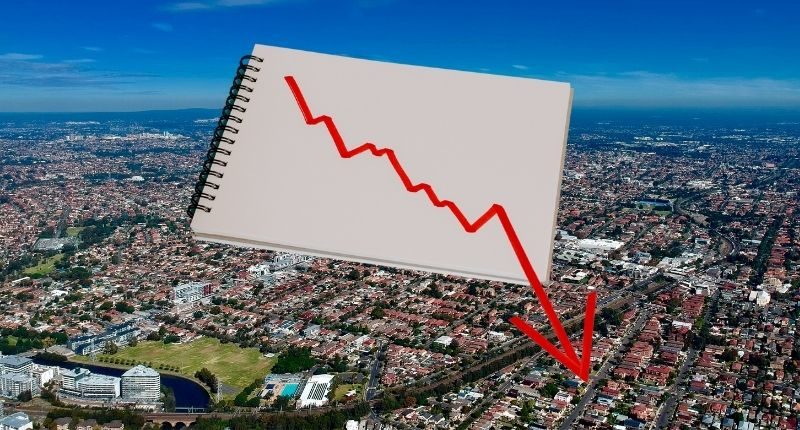- Outside of Melbourne and Sydney, capital cities are either at or near record-low vacancies
- Domain has revealed the five areas within the five largest cities with the tightest vacancy rate
As we reported earlier in the week, the national vacancy held at a multi-year low of just 1.6%, according to Domain.
Most capital cities are either at or near record-low vacancy rates, except for Sydney and Melbourne.
This situation has led to the emergence of a landlord’s market whereby tenants are faced with the prospects of increased rents, especially in areas with low vacancy rates.
Already, national rents are have hit a record high of $477 a week.
As part of its Vacancy Rates report for July 2021, Domain has revealed the five areas with the lowest vacancy rate in each of the five largest cities.
Sydney
| Wyong | 0.5% |
| Blue Mountains | 0.5% |
| Sutherland – Menai – Heathcote | 0.6% |
| Camden | 0.6% |
| Richmond – Windsor | 0.6% |
Melbourne
| Yarra Ranges | 0.4% |
| Macedon Ranges | 0.5% |
| Nillumbik – Kinglake | 0.5% |
| Cardinia | 0.5% |
| Mornington Peninsula | 0.5% |
Brisbane & Gold Coast
| Coolangatta | 0.3% |
| Nerang | 0.3% |
| Ormeau – Oxenford | 0.3% |
| Gold Coast – North | 0.3% |
| Capalaba | 0.4% |
Perth
| Kwinana | 0.2% |
| Gosnells | 0.2% |
| Wanneroo | 0.3% |
| Swan | 0.3% |
| Kalamunda | 0.4% |
Adelaide
| Port Adelaide – East | 0.2% |
| Adelaide Hills | 0.2% |
| Gawler – Two Wells | 0.2% |
| Playford | 0.3% |
| Port Adelaide – West | 0.3% |








